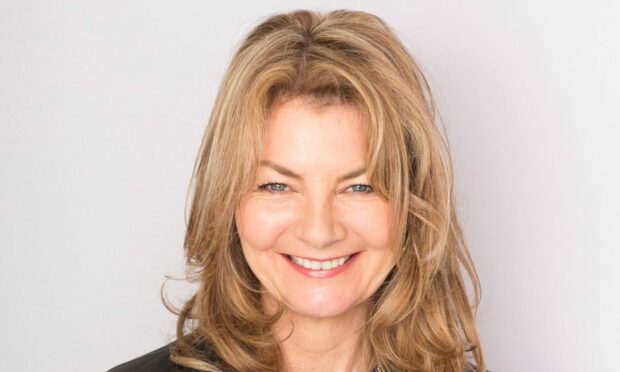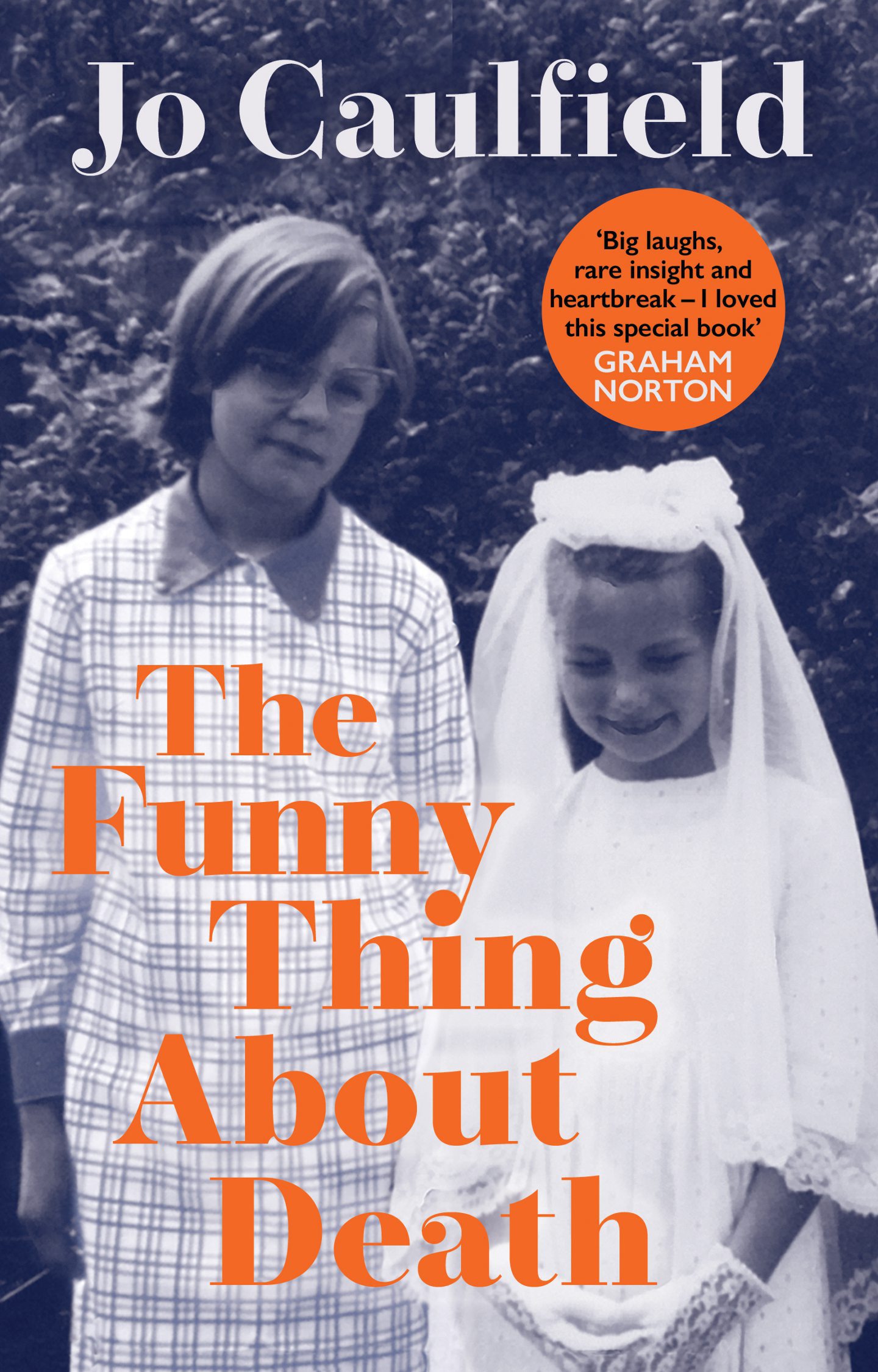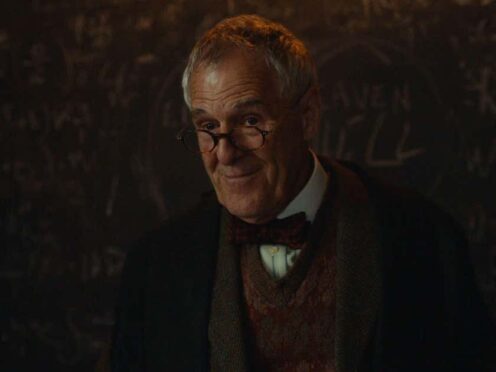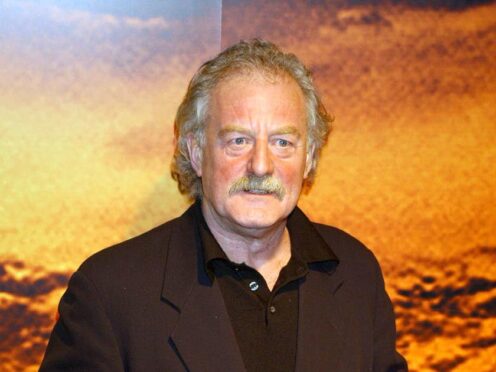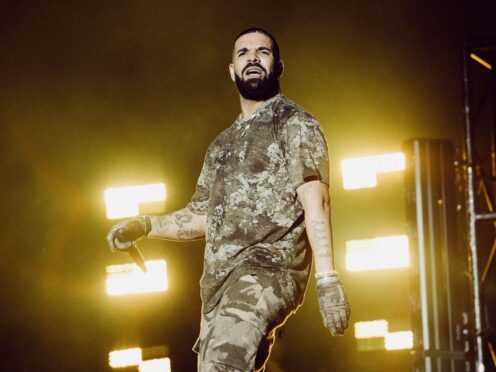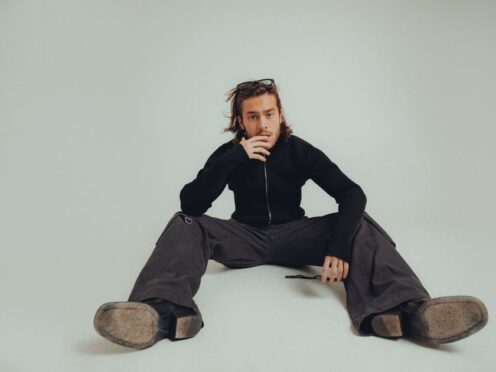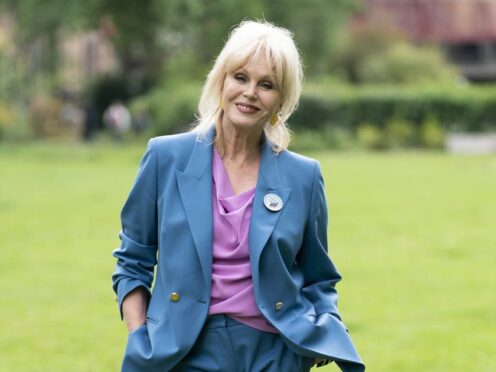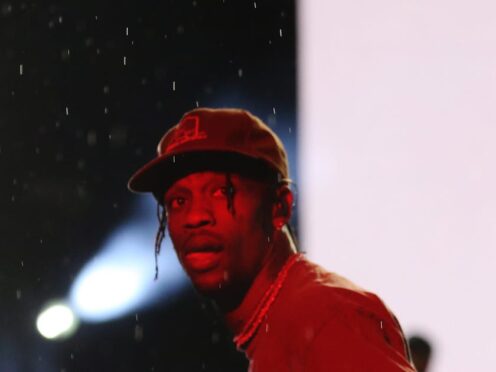Jo and Annie Caulfield were born storytellers, keeping each other entertained ever since they were little.
Comedian Jo took to the stage to make her audiences laugh with her caustic wit while her big sister, Annie, became a broadcaster and scriptwriter.
When Annie died in 2016 Jo was left lost without her.
One way of coping was to put her thoughts down on paper, resulting in her debut book, The Funny Thing About Death.
Jo has written a touching tribute to her sister, which describes the best and worst of times and gave her the opportunity to champion her talented sister’s work.
Speaking to me on a weekday morning from her flat in Leith, Jo is remarkably fresh-faced – given that she is in the midst of her latest run at the Edinburgh Fringe.
She is renowned for her sell-out shows and recently won the Comedians’ Comedian Award.
She talks frankly about losing her big sister to cancer, a subject that she elucidates with tender honesty in her first book.
“It started because I was not able to grasp that she wasn’t there, so I started writing down my thoughts,” she says.
“I put a few things out on Twitter and it became a really cathartic thing. I rewrote it a lot and it was definitely a very long process, but the process was good for me.”
A platform for Annie Caulfield’s work
For Jo, including some of Annie’s writing has been a good way for people to get to know her. And Jo says the book enabled her to “open up a new part of myself, where I could be more serious about certain things – things that I wouldn’t talk about in stand-up”.
She adds: “You have to be careful that you don’t suddenly start writing in a way that you don’t speak – don’t get all grandiose because you are a writer now!
“So after I wrote a sentence I would read it out loud to make sure that it was still me. Also to not be afraid of any weird thoughts. I thought: ‘Just put them down.’”
For example, when Jo reflected on her sister’s voracious appetite for life, she thought: “Is that why she was like that? Because she didn’t have as long? Was it in her DNA in some way?”
Not feeling alone
She wanted to include these thoughts – no matter how off-the-wall – because it might help other people in their grieving processes, to feel they are not alone.
Jo has learned that our experiences of living with and dying from cancer are as individual as we are.
She says: “What was important to me is that there are very different ways of dealing with a cancer diagnosis – people being very open and marvellous, and also to know that not everybody is like that.
“I think, actually, the more common response is retreating – thinking: ‘I can let the people I trust in.’
“Not everybody wants to tell everybody their business – you spend a lot of energy trying to keep well,” explains Jo. “So we had to act like everything was great and Annie was going to be fine.
“She was giving the signs that said: ‘I can’t deal with anyone thinking there is going to be a bad outcome to this – I can’t deal with anyone being emotional’ – and that’s OK, too. Whatever people do is OK.”
The Funny Thing About Death
The Funny Thing About Death is a lot of things, but many readers will find the book a loving tribute to the relationship between sisters.
Jo wanted to be just like her big sister when she was little and says: “I sort of never really grew out of that, really, it was still the best thing to hang out with her.
“Obviously I only know my relationship – the big sister, little sister. I don’t think Annie saw me in that same way that I saw her, especially when you are little.
“We are so alike – like a best friend, you can look at someone and immediately know what the other one is thinking.
“And also having the same faults that you would recognise in each other – she was always a good person to talk things through with.
“Someone who bought the book said: ‘I always wanted a sister,’ and I thought: ‘I have to remember that I am lucky that I had a sister, that I have experienced that.’”
The best of care
When Annie’s partner Martin found it increasingly difficult to care for her in their flat, their Macmillian nurse found her a place in a hospice.
Jo recalls: “We had some really lovely days. She was really cared for.”
Even as her sister’s body failed, Jo says: “Her brain was always there – she was angry and fighting it, and then she was resigned – but she was always fun.”
Jo remembers being frightened when Annie started to need morphine.
“She was repeating words that she likes the sound of because she loved words. So it was still her – just a bit off her head!” she laughs.
‘I’m supposed to make people laugh!’
Her grief still hits her at unexpected moments. Whether it’s when changing trains feels like one hurdle too many to cope with or speaking in public about her experiences.
Recently Jo, who will speak about her new book in Fife, spoke to an audience about “positives that come from grief”.
She says: “I felt exhausted afterwards. Writing the book was a good feeling – but this is the opposite of my job! People in the audience were getting upset. I’m supposed to make people laugh!”
The funny thing about Jo’s book about death, though, is that it does just that. but, be warned, it will also make you cry.
- The Funny Thing About Death by Jo Caulfield, £16.99, is available now.
- Jo visits Topping & Company, St Andrews, on September 20 to talk about her debut memoir.
